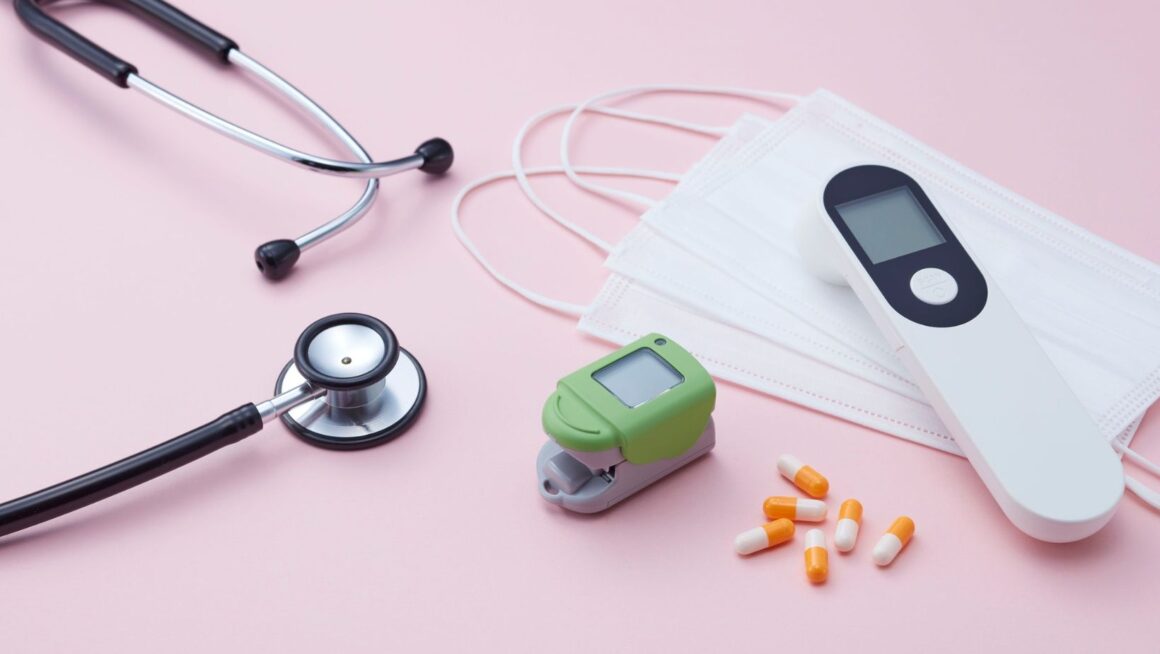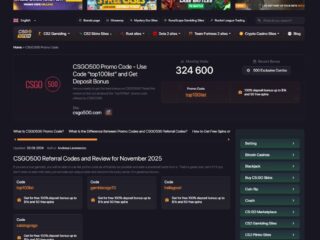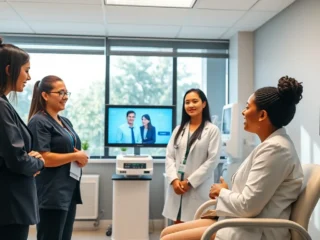
Introduction
In a rapid-paced society, having good health is less about treating disease compared to preventing it. Health screening is essential for early detection and enables individuals to determine their health status prior to symptoms appearing. To know more, click on executive health screening Singapore. One of the most frequent questions individuals encounter while planning a medical exam is whether to purchase the basic or executive health-screening package.
Tests included in Basic health screening packages
A basic health-screening package consists of the baseline tests to assess the main body systems and detect common conditions. It can be beneficial for relatively healthy people, younger adults and those seeking a yearly check.
Common tests consist of:
- Physical assessment and medical consultation
- Blood pressure and heart rate assessment
- Basic blood panel (blood count, blood sugar, cholesterol, kidney and liver function)
- Urine analysis
- Body mass index (BMI) and body composition
- Chest X-ray or ECG (some packages)
These tests can provide an understanding of your vital health indicators to assist in the detection of health concerns such as hypertension, diabetes, or high cholesterol. Basic health-screening packages are cost-effective, time-efficient, and particular persons with minimal risk factors or no symptoms.
Executive health screen packages
A full health-screening package provides a deeper examination of health status and is intended for those wanting a complete assessment of their health, those with family histories of certain diseases, or those who are 40 or older.
These packages usually include all the basic tests, and also include:
- Advanced imaging tests (e.g., ultrasound, mammogram, CT calcium score, or bone density scan)
- Cancer markers for prostate, breast, liver, or colon cancer
- Cardiac stress test for heart function
- Thyroid, hormonal or vitamin level testing
- Comprehensive liver, kidney and lipid profiles
- Eye and hearing tests
Comprehensive screenings identify health problems that already exist and also assess potential risks for the future, thereby considering preventive options and making adjustments in the way the patient will live in the future.
Things to Consider When Choosing Between the Basic and Executive Health Screening Options
Age and Gender
In general terms, younger adults under the age of 35 with no serious risk factors would benefit from a basic package. Adults over the age of 40, especially men and post menopausal women, should look into a comprehensive screening since the risk of cardiovascular disease, diabetes, and some cancers starts to increase.
Lifestyle and Occupational Hazards
Your lifestyle can have great effects on which screening you should have. In addition, those who have disturbances in their sleep from environmental hazards or shift work may benefit from a more comprehensive screening.
Current Health Issues
If you are having small but chronic symptoms already, such as fatigue, unexplained changes in weight, or gastrointestinal disturbances, a comprehensive package allows for a wider evaluation for potential diagnoses of current issues you may not catch with basic screening.
Budget and Time Considerations
Comprehensive screening is clearly more expensive and requires more time. However, this can be viewed as an investment in preventive care.

The cost of early detection is always less than the cost of treating an already advanced illness. If you are concerned about cost, you could consider alternating between a basic screening package and a comprehensive package every one or two years, depending on your risk factors.
Personal and Family Health History
If your family has a history of chronic health conditions, such as diabetes, hypertension, cancer, or heart disease, a comprehensive package would be advisable. This would allow your physician to track certain markers for early indicators of genetically inherited conditions or conditions from lifestyle choices.
Conclusion
Choosing between a basic and a comprehensive health screening package boils down to your health status, risk factors, and what you want to achieve. Younger healthy adults may need a basic health screening for needed follow-up health care, while older adults or you who have a family history of chronic illness should consider a comprehensive package to help get the essential peace of mind you may not get with a basic package.












